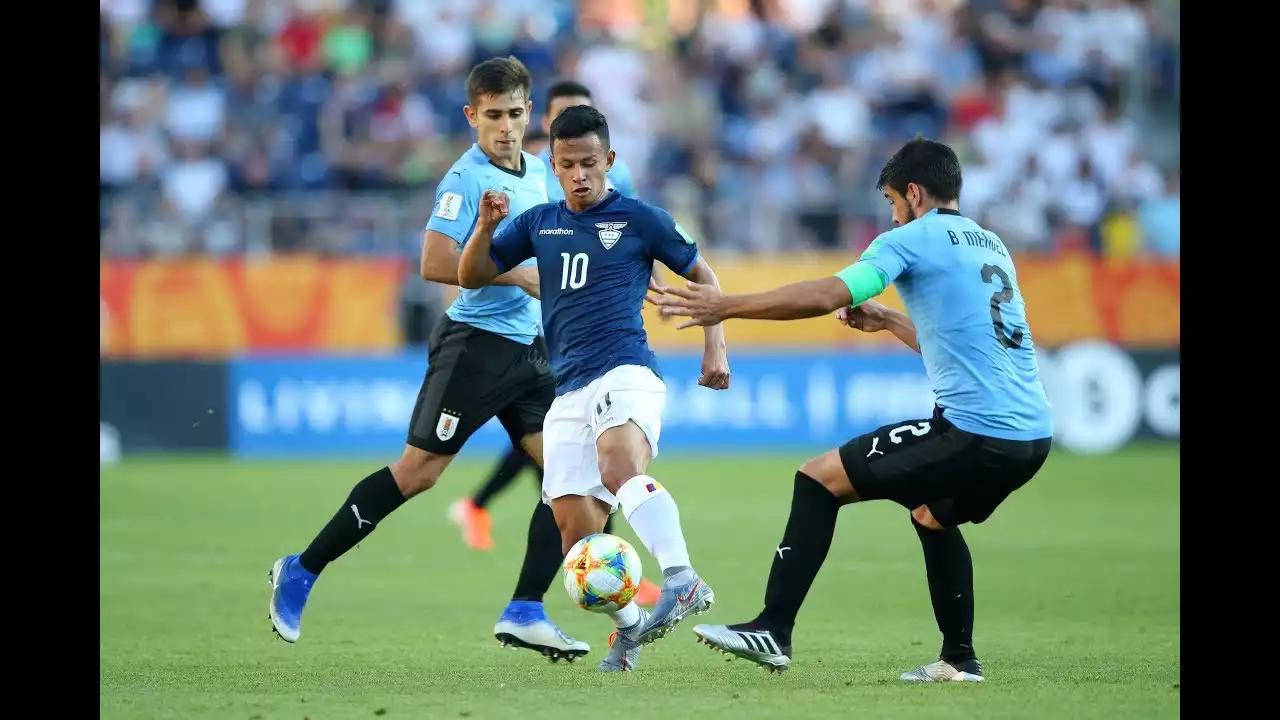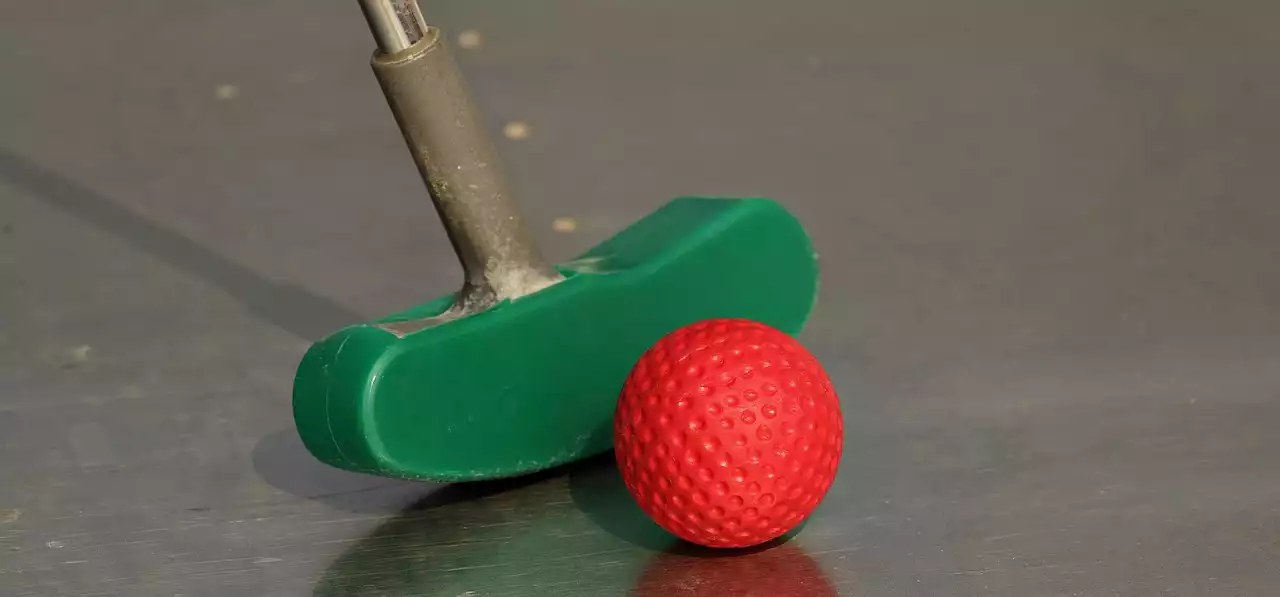The founding members of the Primera Division
The Primera Division, also known as the Uruguayan Primera Division, was founded in 1900 and is the oldest football league in Uruguay. It all began with the vision of a few pioneering clubs who saw the potential of organized football in the country. These founding members set the stage for the development of the sport and laid the groundwork for the future success of the league.
Club Nacional de Football - The oldest club in Uruguay
Club Nacional de Football, founded in 1899, holds the distinction of being the oldest club in Uruguay. Their rich history and tradition make them one of the most respected and revered institutions in Uruguayan football. Throughout the years, Nacional has achieved numerous successes, both domestically and internationally. Their passionate fanbase, known as "Los Bolsos," has stood by the club through thick and thin, creating an atmosphere that is truly electric. With a strong commitment to youth development and a relentless pursuit of excellence, Nacional continues to be a dominant force in Uruguayan football.
Club Atlético Peñarol - The most successful club in Uruguay
Club Atlético Peñarol, founded in 1891, is arguably the most successful club in Uruguayan football history. With a staggering number of domestic and international titles to their name, Peñarol has consistently been a powerhouse in the Primera Division. The club's fierce rivalry with Nacional is legendary, with matches between the two teams often referred to as the "Clásico del Fútbol Uruguayo." Peñarol's passionate supporters, known as "Manyas," fill the stadium with a sea of black and yellow, creating an intimidating atmosphere for any visiting team. Their commitment to success and their unwavering love for the club make Peñarol a true institution in Uruguayan football.
Club Atlético River Plate - The third founding member
Club Atlético River Plate, founded in 1897, is one of the original founding members of the Primera Division in Uruguay. While not as historically prominent as Nacional and Peñarol, River Plate has had its fair share of successes and has contributed to the growth and development of Uruguayan football. The club's passionate supporters, known as "Darseneros," bring their own unique energy to the matches, creating an atmosphere that is second to none. River Plate's commitment to nurturing young talent and promoting a vibrant style of play has earned them a place in the hearts of Uruguayan football fans.
Club Atlético Defensor Sporting - A rising force in Uruguayan football
Club Atlético Defensor Sporting, founded in 1913, may not be one of the original founding members of the Primera Division, but their contribution to Uruguayan football cannot be overlooked. In recent years, Defensor Sporting has emerged as a rising force in Uruguayan football, consistently challenging the traditional powerhouses of Nacional and Peñarol. With a strong focus on youth development and a commitment to playing an attractive style of football, Defensor Sporting has garnered a loyal following and has proven themselves to be a formidable opponent for any club in the Primera Division.
Other notable clubs in the Primera Division
While the founding members of the Primera Division hold a special place in the history of Uruguayan football, there are several other notable clubs that have made significant contributions to the league. These clubs, such as Club Atlético Cerro, Danubio Fútbol Club, and Club Atlético Progreso, have all had their moments of glory and have left their mark on the Primera Division. Their passionate supporters and their commitment to the sport have added to the richness and diversity of Uruguayan football.
The impact of the founding members on Uruguayan football
The founding members of the Primera Division have had a profound impact on Uruguayan football. Through their dedication, passion, and unwavering commitment to the sport, they have shaped the football landscape in Uruguay and have set the standard for excellence. Their influence can be seen not only in the success of their respective clubs but also in the development of players, coaches, and the overall infrastructure of the sport. The founding members have laid the foundation for future generations to build upon, ensuring that Uruguayan football continues to thrive.
Historic matches and rivalries in the Primera Division
The Primera Division has witnessed some of the most intense and memorable matches in Uruguayan football history. The rivalry between Club Nacional de Football and Club Atlético Peñarol, known as the "Clásico del Fútbol Uruguayo," is one of the most fiercely contested derbies in the world. The passion, the drama, and the sheer intensity of these matches have captivated football fans for generations. Other historic rivalries, such as the matches between River Plate and Defensor Sporting, have also produced moments of brilliance and have added to the rich tapestry of Uruguayan football.
The legacy of the original historic clubs in Uruguayan football
The legacy of the original historic clubs in Uruguayan football is undeniable. Their contributions to the sport, both on and off the field, have shaped the identity of Uruguayan football and have inspired countless generations of players, coaches, and fans. The founding members continue to be role models for aspiring footballers, embodying the values of dedication, teamwork, and a love for the game. Their success serves as a reminder that with passion, perseverance, and a commitment to excellence, anything is possible.
As we conclude our journey through the founding members of the Primera Division, we cannot help but be in awe of the incredible achievements and the lasting impact these clubs have had on Uruguayan football. Their stories are a testament to the power of the beautiful game and the profound connection it creates between communities. The Primera Division would not be what it is today without the pioneering spirit and the unwavering dedication of these historic clubs. Let us continue to celebrate their legacy and honor their contributions to Uruguayan football.










